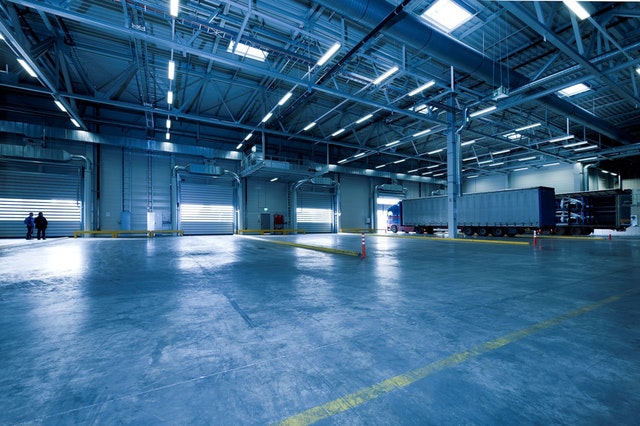In the housing market, buyers hope for a drop in prices, while buyers hope for a rise
In recent months, the housing market has experienced turbulence in a relatively short period of time, both in the context of supply and demand, as well as in price fluctuations of properties offered on the market. The real estate company “Latio” collects five indicators every month in the “Confidence Index of Home Buyers”, which most effectively describe the situation on the market in the past month. The most important news of November – the supply in the housing market is rapidly shrinking, as most of those who want to sell are waiting, hoping that prices will rise in the spring. At the same time, potential buyers are also hoping for a favorable situation for themselves next year, waiting for a decline in prices. In general, a paradoxical situation has developed in the housing market – potential buyers want to wait until spring to make a decision, hoping for a drop in prices, while sellers, on the contrary, wait because they believe that prices could rise again in the spring. The pending positions of the parties in November are also illustrated by the Index data – if in July it took less than a month to sell properties, then in November the average number of days required already reaches 61, while the number of houses sold during the month has decreased from 16% to 5%. At the same time, during this five-month period, the proportion of sellers who want to receive an inappropriately high price for the market situation has also decreased, while the number of buyers who are ready to pay a higher price than initially requested is currently only 1% of those involved in transactions. The waiting of those who want to sell in November was clearly reflected in the dynamics of the number of advertisements, which decreased by almost 36% compared to August. Namely, the number of property sales ads placed for the first time was ~ 2930 in November, and ~ 4570 in August. Moreover, the decline is both serial, pre-war, and also in new projects. Also recorded are cases where properties put up for sale are suddenly removed from the offer. There are several factors that can be considered for this. First of all, the reluctance to lower the price, which buyers have actively begun to demand. Second, sellers are rethinking because they view real estate as an investment with an opportunity to lock in the asset’s value. Otherwise, after the transaction, they should immediately know clearly where to invest their finances, so that the money in the account does not lose value at such high inflation. Thirdly, some of the ads are moved to the rental section. Although even professionals do not dare to make accurate, fact-based predictions about the situation in the market next year, the desire of sellers to wait, if the conditions allow it, can be theoretically understood. At the same time, it is more difficult to find a logical justification for the buyers’ reasons not to rush into transactions, if there is a good property on offer at an appropriate price. “Several world economies are already showing relatively high resistance to inflation and rising interest rates, thus creating favorable conditions for further development of the real estate market. In Latvia, too, we see that the employment level is stable and even slightly increasing, increasing by 3.5% in the third quarter compared to the first. Therefore, evaluating the current situation from the buyers’ point of view, it must be said that if the rate of return of the intended property, any possible rental price of this property, if necessary, could cover the monthly loan payments, if necessary, there would be no reason to wait,” explains the “Latio” market analyst Ksenia Ievleva.
She adds: “Unfortunately, part of society does not fully understand the processes of the real estate market and its cyclicality, often thinking in the short term. However, the property, especially if it is the only one, should be viewed as a long-term investment for at least 10-15 years, where the small price fluctuations that we are experiencing at the moment may turn out to be insignificant in such a perspective. Therefore, when making a decision to buy, everyone should evaluate their individual situation – savings, ability to pay, living conditions, property yield – and not just rely on common market trends. The beneficiaries right now can turn out to be those who know how to calculate, being able to compare long-term investments in real estate objects with the inflation rate and risks.” A good example of the fact that it is the wisest to invest free financial resources at the moment is also shown in the November Index by the high proportion of transactions that took place without the use of loans – they are more than a quarter or 28%. This shows that the citizens are in a hurry to invest their free funds, as even a 3.5% rental profit is currently more profitable than the 0.2% deposit rate offered by the banks, not to mention cryptocurrency, which is currently at a disadvantage for investors.
Read the full article here










